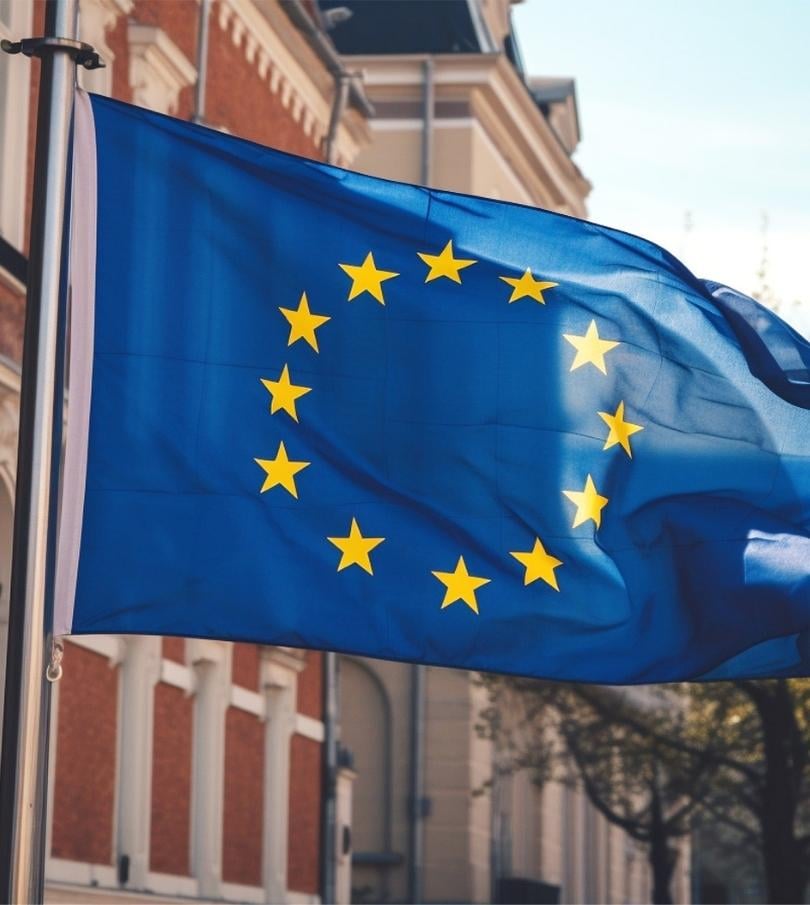
The Court of Appeal of ’s-Hertogenbosch held that Interest on Net Equity (IoNE) may fall under both the dividend and interest articles of the tax treaty between the Netherlands and Brazil.
- The Brazilian IoNE is a remuneration on share capital dependent on profits that Brazilian companies can pay to their shareholders as an alternative to regular dividends. Although IoNE is similar to dividends under civil law, it is – like interest – deductible from taxable profits in Brazil and subject to withholding tax.
- As the OECD Commentary does not prescribe a hierarchy between the dividend and interest provision in the treaty, the Court interpreted the ambiguity in favor of the taxpayer.
- Despite the Decree of 4 August 2020 by the Dutch Administration on the qualification of Brazilian Interest on Net Equity, a 25% tax credit is applicable in the Netherlands.
Tax credit available in the Netherlands
The Dutch tax authorities issued a corporate income tax (CIT) assessment for the 2018/2019 financial year (1 September 2018 to 31 August 2019).
Under the tax sparing credit provision in the Netherlands–Brazil tax treaty, it is possible to apply a notional withholding tax rate higher than the actual rate levied in Brazil on IoNE distributions. Brazil levies a 15% withholding tax on IoNE payments.
The key issue before the Court was whether IoNE should be characterized as income derived from shareholding (i.e., dividend) or as interest income. This distinction is relevant because the applicable tax sparing credit rate is 25% for dividends and 20% for interest.
The Court formulated the following questions:
- Does IoNE qualify as dividend income and/or as interest for treaty purposes?
- If IoNE falls under both provisions, which one should take precedence?
- Should the Mutual Agreement Procedure (MAP) decision between the Netherlands and Brazil be taken into account?
Qualification of IoNE payments
As the treaty does not define “income from shares” or “income derived from shareholding,” Article 3(2) of the treaty provides that the term should be interpreted according to domestic law, unless the context otherwise requires. The tax authorities did not dispute that, under Dutch law, IoNE constitutes dividend income. However, they argued that IoNE also falls within the scope of the interest article, as the payment resembles a return on debt capital.
The Court observed that while IoNE payments share similarities with interest on loans, there are also key differences. Referring to an IBFD memorandum dated 6 May 2019, the Court examined how strictly the concept of “equivalence” should be interpreted. It concluded that, although IoNE is not treated in Brazil as fully equivalent to interest on debt, it may reasonably fall within the scope of both the dividend and the interest articles of the treaty.
No hierarchy under the treaty
As the treaty itself does not establish an order of precedence, the Court ruled that the dividend article should take priority. The Court reasoned that, where both articles could apply, any resulting uncertainty should not be interpreted to the detriment of the taxpayer.
In reaching this conclusion, the Court departed from the Decree on the qualification of Brazilian Interest on Net Equity of 4 August 2020 (no. 2020-14853, Stcrt. 2020, 44499). The Court further held that the MAP agreement, published on 4 April 2022, between the Netherlands and Brazil, could not be applied retroactively, as it was not in effect during the year in which the IoNE payment was made.
However, the Court’s reasoning did not extend beyond the applicable tax credit and the interpretation of IoNE following the publication of the MAP agreement on 4 April 2022. We believe that the explanation given in the MAP decision directly contradicts the explanation that – at least according to the Court – follows from the text and context of the treaty. This raises the question of whether the competent authorities of the Netherlands and Brazil have exceeded their powers. A mandatory classification of IoNE as interest (and therefore a 20% tax sparing credit) based on the MAP decision would in fact entail a material amendment to the treaty. Material amendments to the treaty are subject to specific and more stringent procedural requirements than those observed in the adoption of the MAP decision. In conclusion, the final word on this matter has therefore not yet been said.
Do you have investments in Brazil?
For businesses with investments in Brazil, it is essential to assess how this court ruling may impact existing and future IoNE distributions and to explore the available options within your organisation.
Our team would be pleased to discuss how we can assist your business in navigating these developments.







